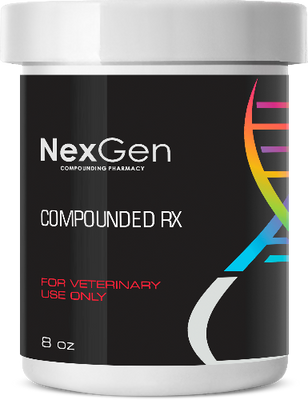
Prednisolone Acetate 500 mg/scoop, Oral Powder, 30 Scoops (5cc Scoop)
Login for pricing
- Brand
- Mixlab
- SKU:
- NC-0295
- Product Type:
- Powder
- Size:
- 8oz
- Administration:
- Oral
- Scoops Per Container:
- 30
- Scoop Size:
- 5cc
Prednisolone Use in Horses
Most horses with RAO will exhibit clinical signs when stabled, bedded on straw, and fed hay; eliminating these factors usually results in a decrease or elimination of clinical signs.2 Two different forms of RAO are recognized in the horse: the barn-associated type seen in stalled horses that are fed hay, and summer pasture-associated obstructive pulmonary disease which is more commonly seen in horses living on pasture in the Southeastern United States.3,4
RAO is reversible in its early stages, but if left untreated, the damage may become permanent since affected horses must make increasing efforts to breathe. Although RAO cannot be definitively cured, its progress can be halted.
Where to buy Prednisolone Acetate
Prednisolone acetate is available in the U.S. through pharmaceutical manufacturers and through veterinary custom compounding companies.
This product carries numerous potential drug interactions. Please consult your veterinarian prior to beginning any treatment regimen.
FOR RX ONLY: A valid prescription from a licensed veterinarian is required for dispensing this medication.







